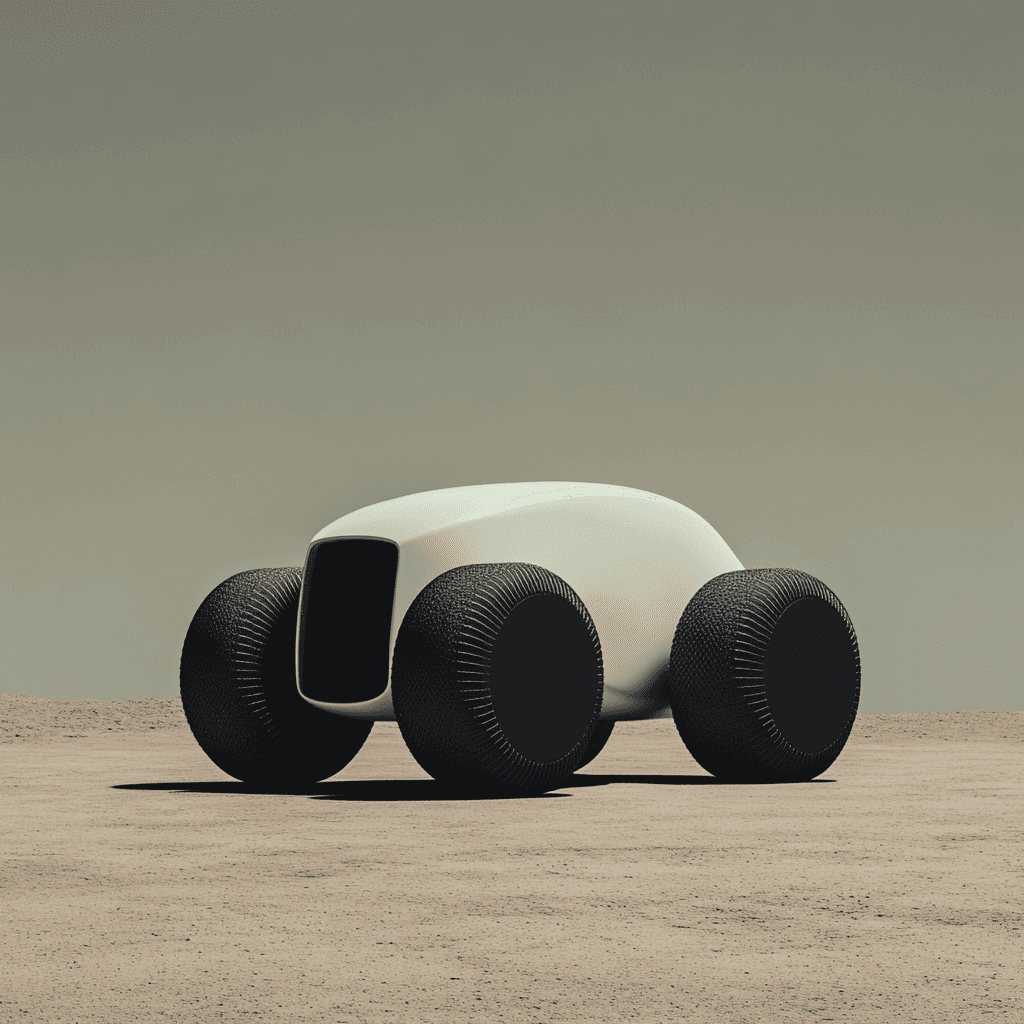In today’s digital landscape, 3D modeling has become a powerful tool for product designers looking to elevate user engagement and enhance understanding. More than a visual aid, 3D models provide an interactive and immersive experience that helps bridge the gap between concept and reality, giving users a clearer picture of a product’s form, function, and appeal.
Why 3D Modeling Matters in Product Design
Unlike flat, static images, 3D models allow users to explore products from every angle. This dynamic interaction gives a sense of scale, material, and functionality that traditional photography or sketches simply can’t replicate. For brands, this means a more compelling presentation that captures attention and fosters a deeper emotional connection with users. In the context of eCommerce, where customers can’t physically interact with a product, 3D modeling can significantly increase confidence in purchasing decisions by giving users an almost tactile experience.
Enhancing User Understanding
3D modeling not only showcases a product’s aesthetics but also demonstrates its usability. Designers can highlight specific features, simulate real-world usage, and provide clarity on how a product functions—all of which contribute to a user’s understanding and trust. For instance, an intricate 3D rendering of a modular furniture piece can show how each component fits together, making assembly and functionality intuitive for the user.
Boosting Engagement
Interactive 3D models invite users to engage with products directly, increasing the time spent on product pages and enhancing brand perception. Whether users are rotating, zooming, or adjusting product options in real-time, this interactivity drives deeper engagement and builds an emotional connection that can be pivotal in purchasing decisions.
Final Thoughts
As a designer, integrating 3D modeling into product design isn’t just about keeping up with industry trends; it’s about providing users with an immersive experience that simplifies complex features and fosters connection. By prioritizing clarity and engagement, 3D modeling enables designers to create visuals that resonate, ultimately enhancing user satisfaction and brand loyalty.
